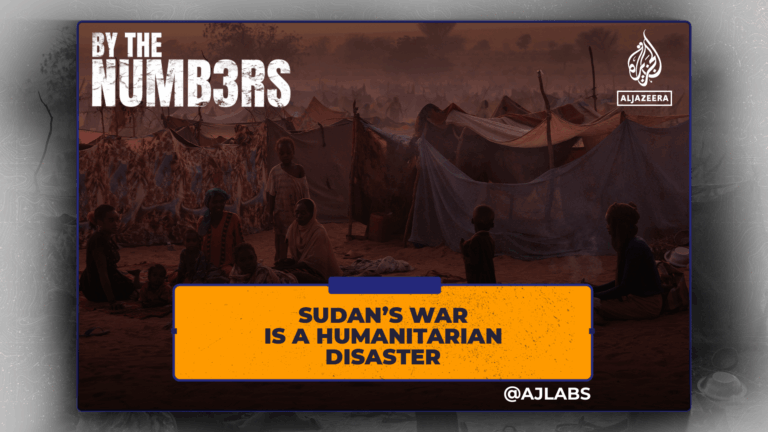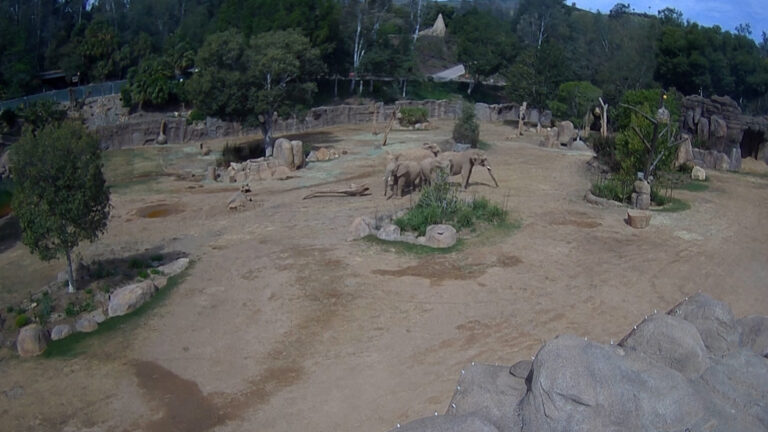
Robert F. Kennedy Jr. emerged as a highly controversial figure in the political arena, particularly during his candidacy for the presidency. His outspoken anti-vaccine views, which he has maintained for years, along with his embrace of various health-related conspiracy theories, drew significant scrutiny and divided public opinion. Kennedy’s position on vaccines, which he controversially argued were linked to a wide range of health issues, sparked heated debates among public health officials, scientists, and concerned citizens. Many of these groups viewed his stance as a direct threat to decades of progress in vaccination efforts, which have been instrumental in controlling and eradicating numerous infectious diseases.
The controversy surrounding Kennedy’s views not only overshadowed his broader political platform but also illuminated the more extensive societal tensions surrounding health misinformation. In an age where misinformation can spread rapidly through social media and other platforms, Kennedy’s rhetoric raised critical questions about the implications of such beliefs in shaping public policy, trust in medical institutions, and the overall health of communities. As he campaigned, his controversial opinions continued to elicit strong reactions from both supporters and detractors, reflecting the polarized nature of contemporary discourse on health and science.
Moreover, Kennedy’s approach tapped into a growing movement of vaccine skepticism that has gained traction in recent years, further complicating the public’s understanding of science and health. His ability to galvanize a segment of the population that feels disillusioned with traditional medical advice and governmental health mandates revealed a deep-seated distrust in established authority figures. This phenomenon was not just about vaccines; it represented a broader struggle over competing narratives regarding health, safety, and individual liberties.
As Kennedy navigated his campaign, the polarized reactions to his views underscored a critical moment in American society where science and personal belief often clash, leading to significant ramifications for public health initiatives. The debates surrounding his candidacy illuminated the challenges faced by public health advocates striving to counter misinformation while maintaining public trust. In essence, Robert F. Kennedy Jr.’s candidacy became a microcosm of the larger ideological battles being waged over science, health policy, and the role of government in personal health decisions, highlighting the complexities and consequences of contemporary discourse on these vital issues.
Robert F. Kennedy Jr. emerged as a controversial figure in the political arena, particularly during his candidacy for the presidency. His outspoken anti-vaccine views and embrace of various health-related conspiracy theories drew significant scrutiny and divided public opinion. Kennedy’s position on vaccines, which he argued were linked to a range of health issues, sparked heated debates among public health officials, scientists, and concerned citizens, many of whom viewed his stance as a threat to decades of progress in vaccination efforts. This controversy not only overshadowed his political platform but also highlighted the broader societal tensions surrounding health misinformation and the implications of such beliefs in shaping public policy and trust in medical institutions. As he navigated his campaign, Kennedy’s controversial views continued to elicit strong reactions, reflecting the polarized nature of contemporary discourse on health and science.



